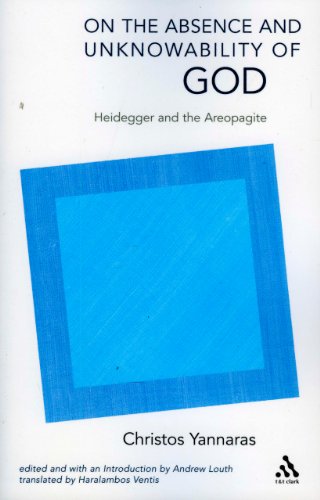
Due to a late night bout of copy-editing I am not able to write the post I’d like to write. Is this what St. Paul meant by what he said in Romans 7:19-20?
What I’d like to share with you is perhaps the most significant publishing discovery I’ve made since Outwitting Squirrels and How to S**t in the Woods.
Why is this self-published book (not by me, alas!) so AWESOME? [I mean “awesome” in the original meaning of Aristotle’s thaumazein in the Metaphysics, He says it is the beginning of philosophy.]
For starters: Who Is Nietzsche’s Zarathustra? features two prominent orthographic errors, one on the cover (“essey”) and one on the spine (Haidigger). [UPDATE: if you follow the links to the amazon page you’ll see that the editor has corrected some of the fun spelling mistakes on the cover.] These errors make this book like my Juan Gonzalez reverse-negative rookie card; it would be worth hundreds of dollars if not for his PED use.
Now Heidegger has weathered plenty of storms in his philosophical afterlife, but none greater than the Nietzschean toupee and sideburns he’s sporting on this cover. I’m betting when Heidegger said he frequently had Nietzsche’s notion of the “death of God” on his mind, this probably isn’t what he meant. What’s more, recent discoveries in his “Black Notebooks” have once again cast a totalitarian shadow upon his philosophy.
To cap it all off: Heidegger was a Catholic, a truly bad Catholic in the Rabelaisian tradition of this blog, who did lots of bad pro-Nazi things before the war and slept with his (young female) students.
Yes, you read that right, last century’s most famous atheist philosopher was a Catholic.
He was not always such a bad boy. His father worked as a sexton in the tiny little country church in the idyllic and pious German town where Martin grew up. The young philosopher got his philosophical start as a Jesuit novice, but was quickly frightened away by the dryness of Neo-Scholastic theology and the prospects of meeting attractive young students such as Hannah Arendt.
Even though Heidegger’s contributions to philosophy are indubitable, his contributions to theology are still much debated. His philosophical project looks atheistic, some might say it methodologically presupposes atheism, yet he did say things like things like the following about his atheism in the volume Identity and Difference:
“Man can neither pray or sacrifice… before the causa sui, man can neither fall to his knees in awe nor can he play music and dance before this God… The god-less thinking which must abandon the god of philosophy, god as causa sui, is thus perhaps closer to the divine God.”
And so the argument has been made by both Laurence Paul Hemming and Christos Yannaras, among others, that Heidegger’s thinking opens up new paths for theology.

According to Hugo Ott, Heidegger claims to have remained a Catholic all his life even if his thinking seemed to leave the Catholic ambit for most of his adult life. One thing we know for sure is that he was buried a Catholic. His friend the priest and scholar Bernhard Welte, formerly the prelate of the papal household, gave the funeral oration.
[You will find our musings on other famous atheists who weren’t atheists here.]
Who knows, perhaps in the end he got his wartime past off his back along with Nietzsche? Everybody needs a second, a third, and a fourth, and so so on, chance to dance. I know it’s a real pain in the ass and easier said than done.
Doesn’t forgiveness of the unforgivable (things such as Heidegger’s pro-Nazi speeches and actions as a university rector) mean taking on the burdens of your own ambiguous past, or even taking on the burden of Heidegger’s past?
Could this be at the heart of a post-metaphysical faith in a God we can dance to?











